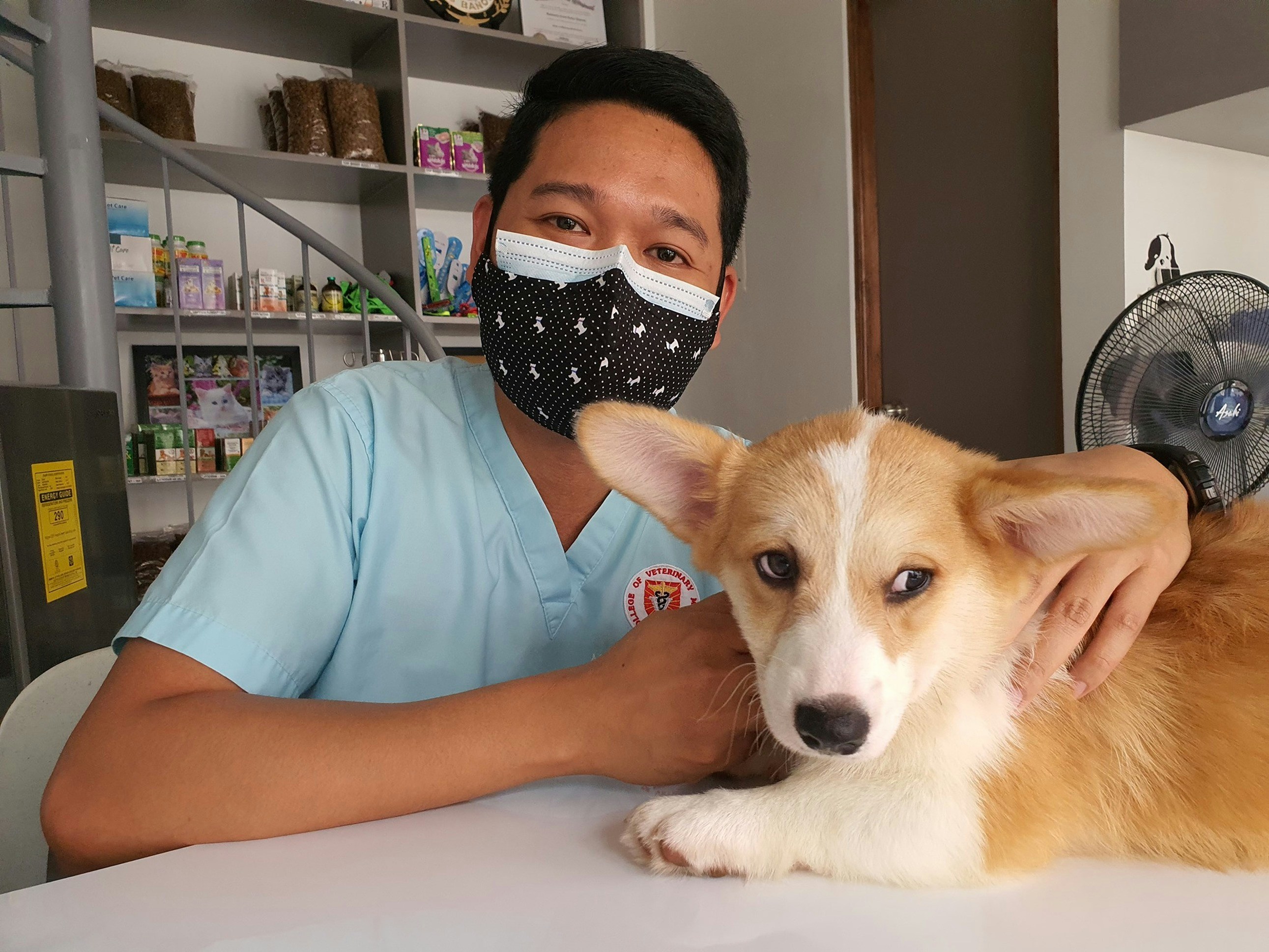Published on
Apr 20, 2025
-
min read

Veterinary science blends a passion for animal health with advanced medical knowledge. Germany, known for its innovation in healthcare and education, offers exceptional opportunities for students pursuing veterinary science. With state-of-the-art facilities, globally recognized universities, and a strong focus on practical training, Germany is a leading destination for aspiring veterinarians.
1. World-Class Universities
Germany is home to Europe’s leading veterinary schools, such as the University of Veterinary Medicine Hannover and Freie Universität Berlin.
These institutions provide cutting-edge research and comprehensive training in animal health.
2. Cutting-Edge Research
Universities collaborate with global research centers, advancing fields like zoonotic diseases, animal genetics, and sustainable farming practices.
3. Practical Focus
Programs emphasize hands-on training, including clinical rotations, internships, and fieldwork with wildlife.
4. Affordable Education
Public universities charge minimal tuition fees, and scholarships like DAAD and Deutschlandstipendium make education accessible.
5. Global Career Opportunities
Veterinary graduates from Germany can work in private clinics, research institutions, or global NGOs focusing on animal welfare.
Top Universities for Veterinary Science in Germany
Germany offers several prestigious universities for veterinary science, combining academic excellence with practical exposure.
1. University of Veterinary Medicine Hannover (TiHo)
Program: Veterinary Medicine (State Examination)
Highlights: Comprehensive training in animal health, surgery, diagnostics, and research opportunities in animal genetics.
2. Freie Universität Berlin
Program: Bachelor’s and Master’s in Veterinary Sciences
Highlights: Focuses on both small and large animal medicine, with state-of-the-art labs and clinical facilities.
3. University of Leipzig
Program: MSc in Veterinary Public Health
Highlights: Specializes in zoonotic disease prevention, epidemiology, and food safety.
4. Ludwig Maximilian University of Munich (LMU)
Program: Veterinary Medicine
Highlights: Offers rigorous academic training combined with hands-on experience in advanced animal care.
5. Justus Liebig University Giessen
Program: MSc in Animal Science
Highlights: Focuses on sustainable livestock management and cutting-edge veterinary research.
Core Modules and Specializations
Veterinary science programs in Germany offer a blend of theoretical knowledge and practical skills to prepare students for a variety of veterinary careers.
Core Modules:
Anatomy and Physiology of Animals
Veterinary Pathology and Pharmacology
Diagnostic Imaging and Laboratory Techniques
Veterinary Surgery and Clinical Practice
Specializations:
Small Animal Medicine: Focus on pets, their diseases, and treatments.
Wildlife Conservation and Zoological Medicine: Work with wildlife and exotic animals.
Livestock Health and Management: Manage health issues in farm animals.
Veterinary Public Health: Address zoonotic diseases and global health issues.
Students participate in clinical rotations, internships at animal hospitals, and fieldwork with wildlife, gaining real-world experience essential for their careers.
Career Opportunities in Veterinary Science
Graduates from veterinary science programs in Germany can pursue diverse career paths in animal health, research, and welfare.
Job Roles:
Veterinary Surgeon: Diagnose and treat animals in clinics or hospitals.
Research Scientist: Study animal diseases and develop innovative treatments.
Animal Welfare Officer: Work with NGOs to improve animal living conditions.
Industries Hiring Veterinarians:
Animal Clinics and Hospitals
Research Institutions (e.g., Max Planck Institute)
NGOs (e.g., World Animal Protection, WWF)
Average Salaries:
Entry-Level: €40,000 – €50,000 annually
Mid-Level: €55,000 – €70,000 annually
Senior Roles: €80,000+ annually
Admission Requirements
1. Academic Qualifications
Bachelor’s Programs: High school diploma or equivalent.
Master’s Programs: A bachelor’s degree in veterinary science or biology.
2. Language Proficiency
English-taught Programs: TOEFL (minimum 80-100) or IELTS (minimum 6.5-7.0).
German-taught Programs: DSH or TestDaF certification.
3. Additional Documents
Statement of Purpose (SOP): Explain your passion for veterinary science and your career aspirations.
Recommendations: Academic or professional references highlighting your potential.
Scholarships for Veterinary Science Students
Germany offers several scholarships to help international students fund their veterinary education:
1. DAAD Scholarships
Covers tuition fees, travel, and living expenses for eligible students.
2. Deutschlandstipendium
Provides €300 per month for high-achieving students.
3. University-Specific Scholarships
Institutions like TiHo Hannover offer merit-based scholarships to outstanding candidates.
Living in Germany as a Veterinary Science Student
1. Cost of Living
Monthly expenses range from €850 to €1,200, depending on the city, covering accommodation, food, and transportation.
2. Networking Opportunities
Attend veterinary conferences, expos, and workshops hosted by universities and industry leaders.
3. Student Life
Experience Germany’s vibrant culture, historical landmarks, and natural landscapes.
Post-Graduation Pathways
1. Work Visa
Veterinary graduates can apply for an 18-month post-study work visa to find employment in Germany.
2. Permanent Residency (PR)
After two years of full-time work, graduates can apply for PR, allowing long-term career opportunities.
Final Thoughts
Germany’s veterinary science programs combine academic excellence with practical training, preparing students to make meaningful contributions to animal health and welfare. Whether you aspire to work in clinics, research labs, or wildlife conservation projects, Germany offers the ideal platform for your career.
Ready to make a difference in the lives of animals? Begin your veterinary journey in Germany today!

